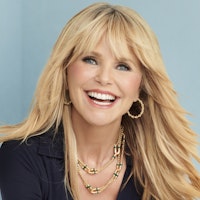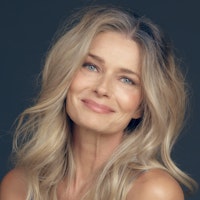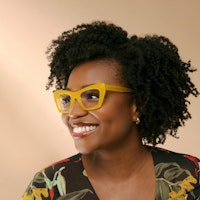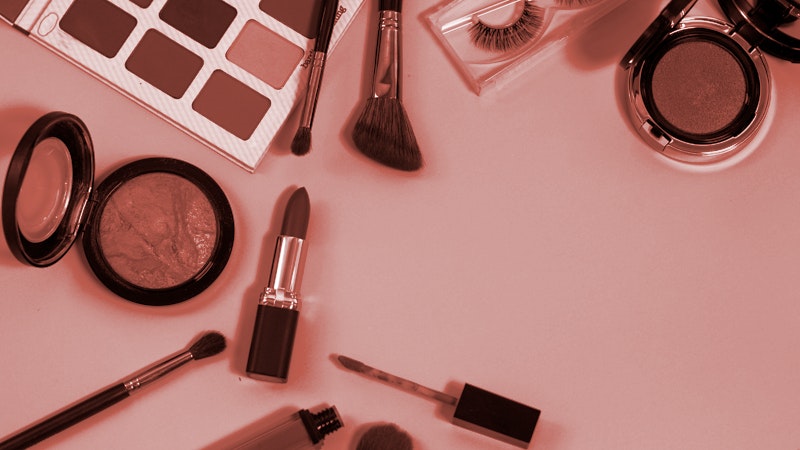
We're all going to age, but we don't have to get old. And there's a distinction.
Show Notes
Right when women feel like they have it all figured out, many of them enter a stage of life in our society where they feel dismissed, ignored and cast out. The pressure is strong to try and hold onto youth as long as possible via whatever means necessary, and shame tends to accompany all of the available options. How can we learn to embrace the inevitability of aging a little more, and push society to come along with us? Former models Paulina Porizkova, Yasmin Warsame, and Christie Brinkley are publicly changing the conversation about what it means to be a woman in her 50s and 60s, and raising questions about beauty standards, norms, and media representation. Editor-in-chief of Allure magazine, Jessica Cruel, moderates the lively on-stage conversation and poses provocative questions about how we see ourselves and each other.
Explore
Related episodes
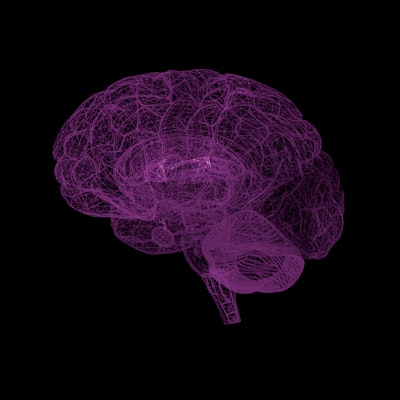

People often talk about maintaining their physical health but brain health is an afterthought. It turns out brain fitness at any age heightens and protects brain function and can even prevent brain disease. Sanjay Gupta, author of Keep Sharp: Build a Better Brain at Any Age, Maria Shriver, founder of the Women’s Alzheimer’s Movement, and Natalie Morales, West Coast anchor...


For many people, the COVID-19 pandemic lockdown became an unexpected opportunity to take stock of our relationships. Some friendships deepened and transformed, some slipped away, and many social circles shrank. Which isn’t always a bad thing.


People have been thinking about happiness for thousands of years. In fact, ancient thinkers came up with strategies for cultivating pleasures over a lifetime, or creating a lasting capacity to take joy in the world. This long-term flourishing is different from immediate pleasures — it’s a richer notion of happiness. Laurie Santos is a professor of psychology at Yale and an...


Even though women are likely to live longer than men, their hormonal changes make them far more susceptible to age-related memory loss like Alzhemier’s disease and other conditions. Yet gender is often not a primary consideration by the medical community — but more and more research shows that it should be.






